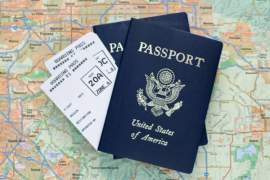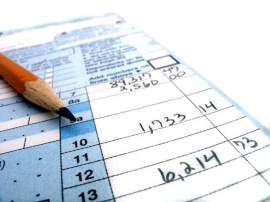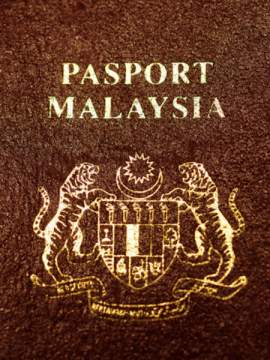
What to Expect from a Deportation Hearing

A deportation hearing is generally conducted in person and open to the public, but may be conducted via phone or video conference and/or barred from the public domain under special circumstances (such as asylumin absentia.
Subsequent to a master calendar hearing in which defendants must give a plea to the innocence or guilt of their charges and indicate to where they should be removed if found guilty, a deportation hearing will take place much in the way criminal court proceedings do. A deportation lawyer will be most useful at this stage, for he/she will make an opening and closing statement, question witnesses, cross-examine the prosecution's witnesses, and raise objections to questionable evidence on the behalf of the accused. In the case of an appeal following the court's finding against the accused, a deportation lawyer might also be a good person to have in one's corner to follow proper appeal procedure.
NEXT: How to Defend Deportation Order?




















